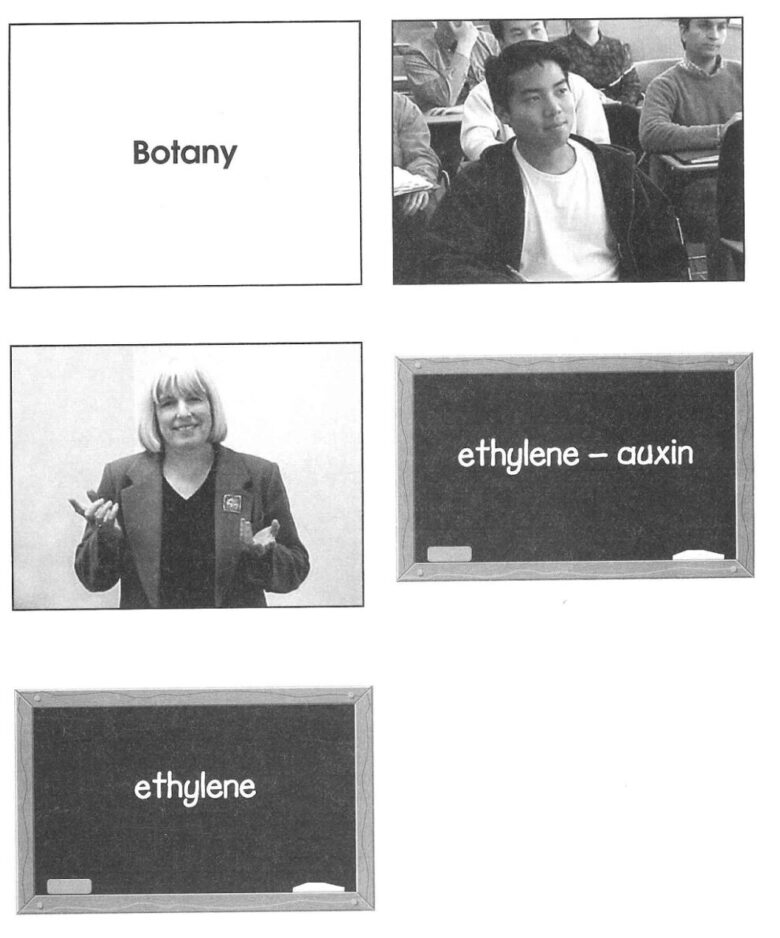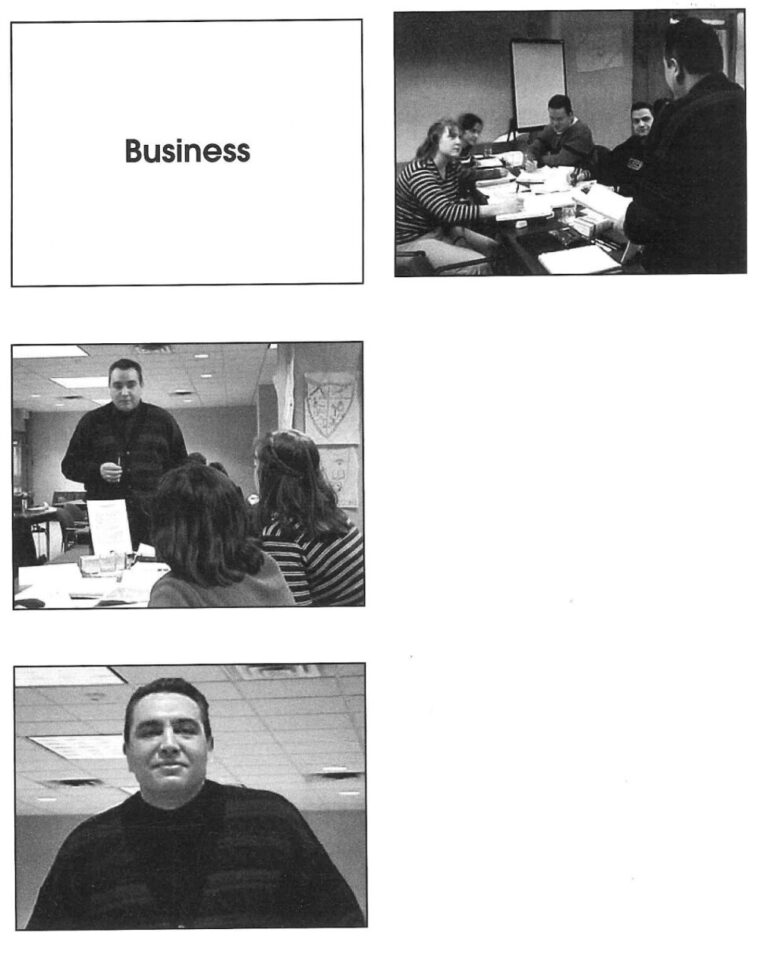TOEFL IBT Listening Practice Test 11 from Delta’s Key to the Next Generation TOEFL Test
Listening Section Directions
The Listening section measures your ability to understand conversations and lectures in English. You will hear each conversation and lecture only one time. After each conversation or lecture, you will hear some questions about it. Answer the questions based on what the speakers state or imply.
You may take notes while you listen. You may use your notes to help you answer the questions. In some questions, you will see this icon: . This means that you will hear, but not see, part of the question.
Some questions have special directions, which appear in a gray box. Most questions are worth one point. If a question is worth more than one point, the directions will indicate how many points you can receive. You will now begin the first part of the Listening section.
TOEFL IBT Listening Practice Test 11 from Delta’s Key to the Next Generation TOEFL Test Audio
https://www.youtube.com/watch?v=hJ-P8jyuB5E
QUESTIONS 1-5

1. What are the students discussing?
Click on two answers.
A. HOW they feel about their classes
B. Applying for a job as a teaching assistant
C. Not having enough time to study
D Stories from Russian history
2. Listen again to part of the conversation. Then answer the question.
Why does the woman say this: O
(A) To request that the man speak more softly
(B) To express her dislike of thermodynamics
(C) To agree that lack of time is a problem
(D) To inform the man that she needs to leave
3. Why does the woman like her Russian history class?
(A) Her professor is a well-known Russian author.
(B) The discussions improve her ability to learn.
(C) All of the students in the class are from Russia.
(D) The assigned reading includes interesting stories.
4. What is the man’s attitude toward discussion classes?
(A) He thinks that discussion classes are a good way to learn.
(B) He would like more time to prepare for the discussions.
(C) He finds that most of the discussions are boring.
(D) He does not like discussion classes as much as lectures.
5. What does the man suggest the woman do?
Participate more in her discussion class
Find out more about a job opening
Quit her job in the pizza restaurant
Try not to worry about her problems
QUESTIONS 6-11
6. What is the lecture mainly about?
(A) The role of ethylene in plant aging processes
(B) The discovery of ethylene by fruit growers
(C) Differences between ethylene and other hormones
(D) How plant hormones influence growth
7. According to the professor, how is ethylene unique?
(A) Ethylene is the only hormone that plants produce.
(B) Ethylene is produced only in flowering plants.
(C) Ethylene both stimulates and restricts plant growth.
(D) Ethylene is the only plant hormone that is a gas.
8. According to the lecture, what are two effects of ethylene?
Click on two answers.
A. Fruit becomes softer as it ripens.
B. Plants develop complex root systems.
C. Trees shed their leaves in the fall.
D. Flower buds open in the spring.
9. Listen again to part of the lecture. Then answer the question.
Why does the professor say this:
To explain why she doesn’t like apples
To describe a common disease of fruit
To summarize the chain reaction of ripening
To caution against eating unwashed fruit
10. Based 011 the information in the lecture, indicate whether each process below is related to the hormone ethylene.
For each sentence, click in the correct box.
Yes No
The decrease in chlorophyll causes fruit to lose its greenness and become ripe.
Apples in storage bins are flushed with carbon dioxide to keep the air circulating.
A tree’s roots grow hairs that help it absorb water from the soil.
Weakened cell walls at the base of a leaf cause the leaf to break away.
11. Listen again to part of the lecture. Then answer the question.
What does the professor imply about the falling of leaves?
(A) Leaves fall from old trees, but not from trees that are still young.
(B) Both hormones and environmental factors cause leaves to fall.
(C) The falling of leaves increases the tree’s risk of getting a disease.
(D) Spraying ethylene into an orchard will prevent leaves from falling.
Question 12-17
12. According to the discussion, what are the characteristics of a good manager?
Click on two answers.
A. The ability to set goals
B. Earning a high salary
C. Knowledge of technology
D. Achieving results
13. Why does the professor tell a story about May and Kay?
To illustrate what a good manager does
To inspire students to apply to top schools
To explain how to write a business plan
To compare good and bad study habits
14. What does the professor imply about the student named May?
(A) She should have asked a graduate student to be her tutor.
(B) She understood the principals of good management.
(C) She allowed events to keep her from reaching her goal.
(D) She studied very hard but had unusually bad luck.
15. In the story, what point does Kay illustrate?
(A) Management is a very difficult profession.
(B) Success is possible if you keep trying.
(C) Even average students can go to top schools.
(D) Some people have better luck than others.
16. Listen again to part of the discussion. Then answer the question.
Why does the professor ask this:
(A) He does not know whether May or Kay is a better manager.
(B) He disagrees with what the man says about May and Kay.
(C) He wants to invite either May or Kay as a guest speaker.
(D) He wants a more satisfactory response from the class.
17. What does the professor mean by this statement:
(A) Kay earned high grades in all of her management courses.
(B) Kay set goals and achieved results, as managers do.
(C) Kay acted independently without help from other people.
(D) Kay knew how to manage her time and money wisely.



